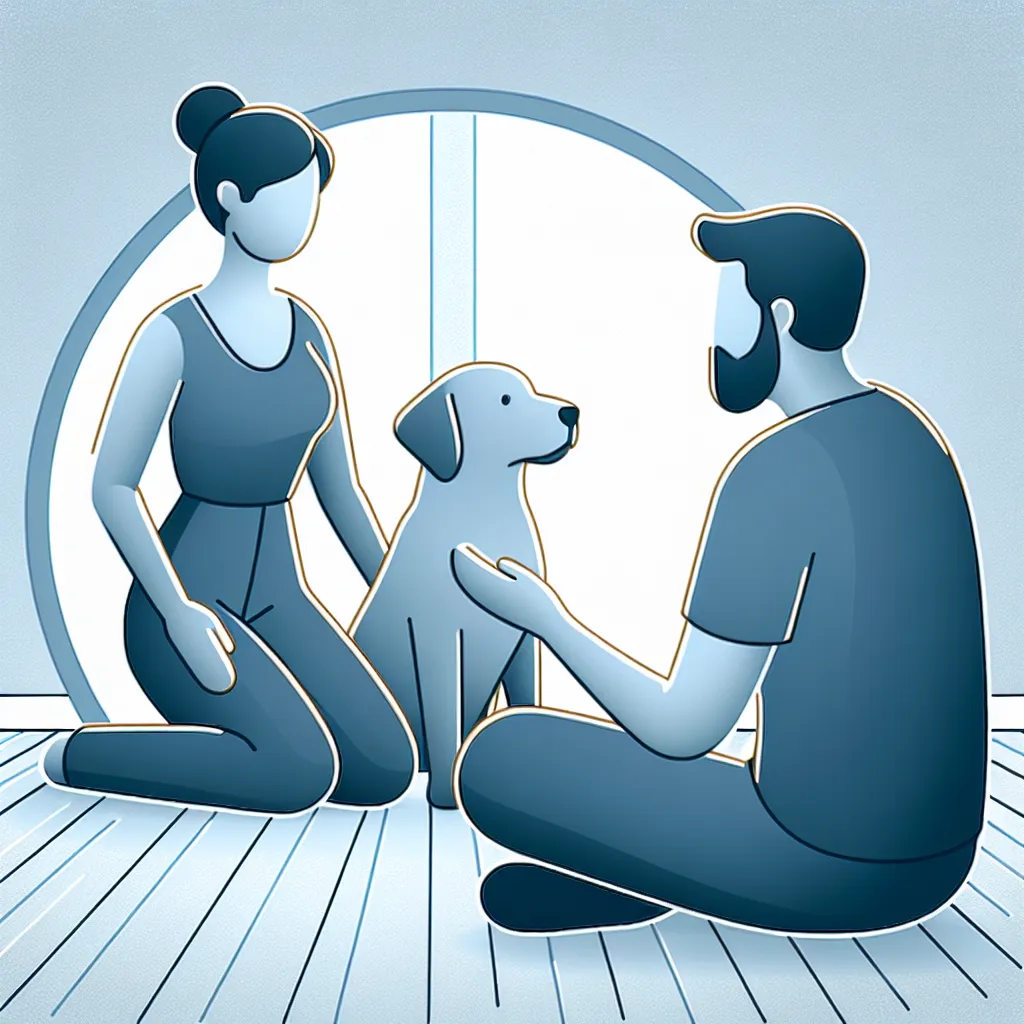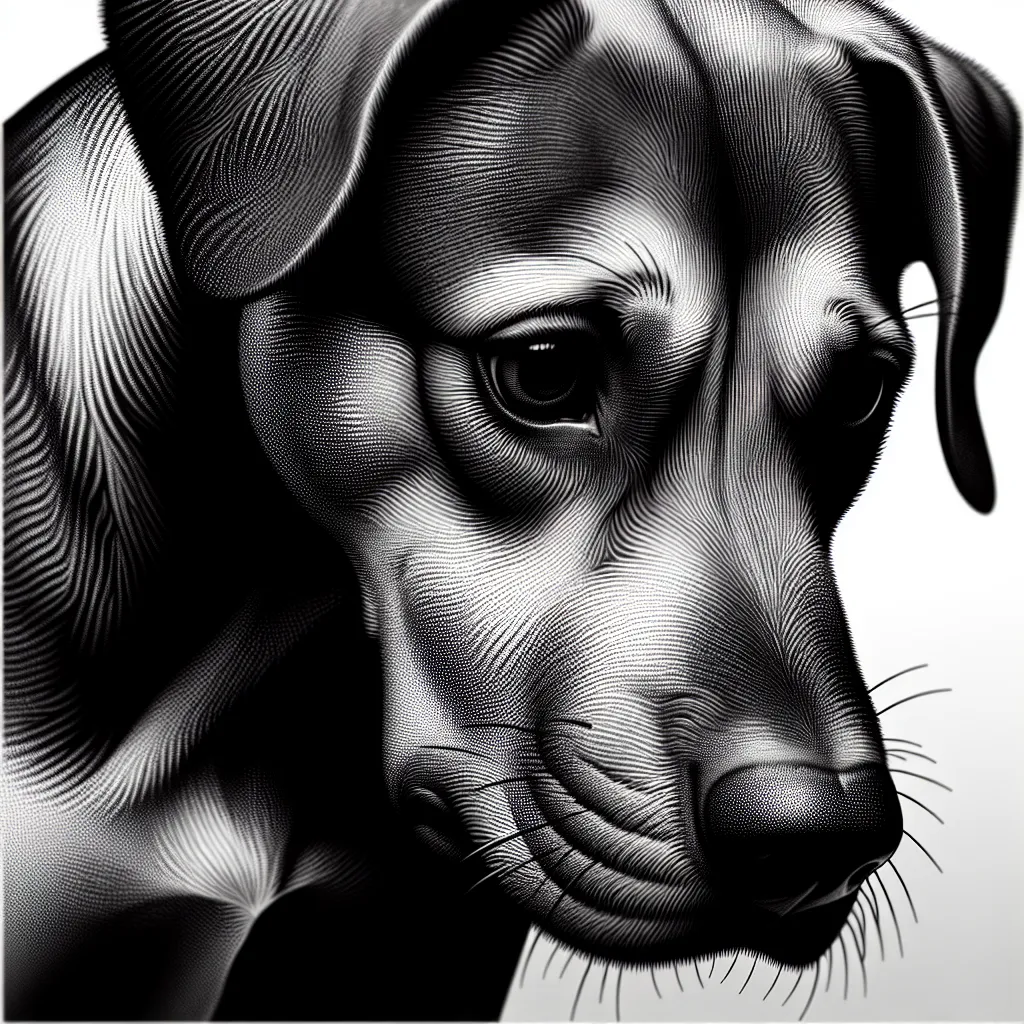The Origins of Canine Companionship
As we delve into the deep and fascinating history of our canine companions, we are met with a story as old as time. The origins of the unbreakable bond between humans and dogs can be traced back thousands of years, to a time when our ancestors first formed a connection with these remarkable creatures. It is believed that the partnership between humans and dogs began during the Paleolithic era, when wolves were first drawn to the outskirts of human settlements in search of food scraps. Over time, a mutually beneficial relationship developed, with humans providing food and protection, and in return, dogs offered their skills in hunting, guarding, and companionship.
Through the ages, this bond only grew stronger, evolving into the unbreakable connection we know today. Dogs became integral to human society, serving as loyal companions, protectors, and helpers in various tasks. Their unwavering loyalty and unique abilities have earned them a special place in our hearts and homes.
Understanding the origins of canine companionship allows us to appreciate the deep-rooted nature of this relationship. It sheds light on the intrinsic bond that has been forged over millennia and continues to thrive in the modern world. As we cherish our furry friends, let us remember and honor the ancient partnership that has stood the test of time, enriching our lives in countless ways.
The Science of Human-Canine Bonding
Understanding the science behind human-canine bonding provides valuable insight into the unbreakable bond between humans and their canine companions. Research has shown that when humans and dogs interact, both parties experience a surge in oxytocin, a hormone associated with bonding and trust. This chemical reaction is similar to the bond between parent and child, illustrating the depth of connection between humans and their furry friends. Furthermore, studies have revealed that dogs are highly attuned to human emotions, capable of understanding and responding to subtle cues such as facial expressions and tone of voice.
Moreover, the reciprocity in the human-canine relationship has been a subject of scientific exploration. Dogs have been observed to display behaviors such as comforting and offering assistance to their human counterparts in times of distress, showcasing the empathetic nature of their bond. In return, humans provide care, food, and companionship, establishing a mutually beneficial dynamic. This interdependence has played a pivotal role in the coevolution of humans and dogs, shaping a bond that transcends mere companionship.
Recognizing the scientific foundation of the human-canine bond allows us to appreciate the profound impact that dogs have on our emotional well-being. From reducing stress and anxiety to providing unwavering loyalty, the bond between humans and their canine companions is a testament to the intricate science behind this extraordinary relationship.
Nurturing the Canine-Human Connection
Understanding the Canine Companion: Nurturing the Canine-Human Connection
The unbreakable bond between humans and dogs has been a subject of fascination for centuries. This enduring relationship goes beyond mere companionship, evolving into a deep and nurturing connection that benefits both parties. Nurturing the canine-human connection involves understanding the unique emotional and psychological needs of both dogs and their human counterparts.
Dogs are naturally social animals, and they thrive on forming close bonds with their human companions. The key to nurturing this bond lies in providing love, care, and attention. Interacting with your canine companion through activities such as playtime, walks, and training sessions not only fosters a sense of trust and loyalty but also promotes a strong emotional connection.
Furthermore, communication plays a vital role in nurturing the canine-human connection. Understanding your dog’s body language, vocalizations, and behaviors is essential for establishing a strong and harmonious relationship. Additionally, effective communication, both verbal and non-verbal, helps in creating a sense of security and understanding for your canine companion.
Mutual respect is another cornerstone of nurturing the canine-human connection. Recognizing and respecting your dog’s individual personality, preferences, and boundaries is crucial for building a healthy and lasting bond. This involves being attuned to your dog’s needs and providing a safe and nurturing environment where they feel valued and understood.
In conclusion, nurturing the canine-human connection is a multifaceted process that requires genuine love, understanding, and commitment from both ends. By recognizing and addressing the emotional and psychological needs of our canine companions, we can further strengthen the unbreakable bond that exists between humans and dogs.




